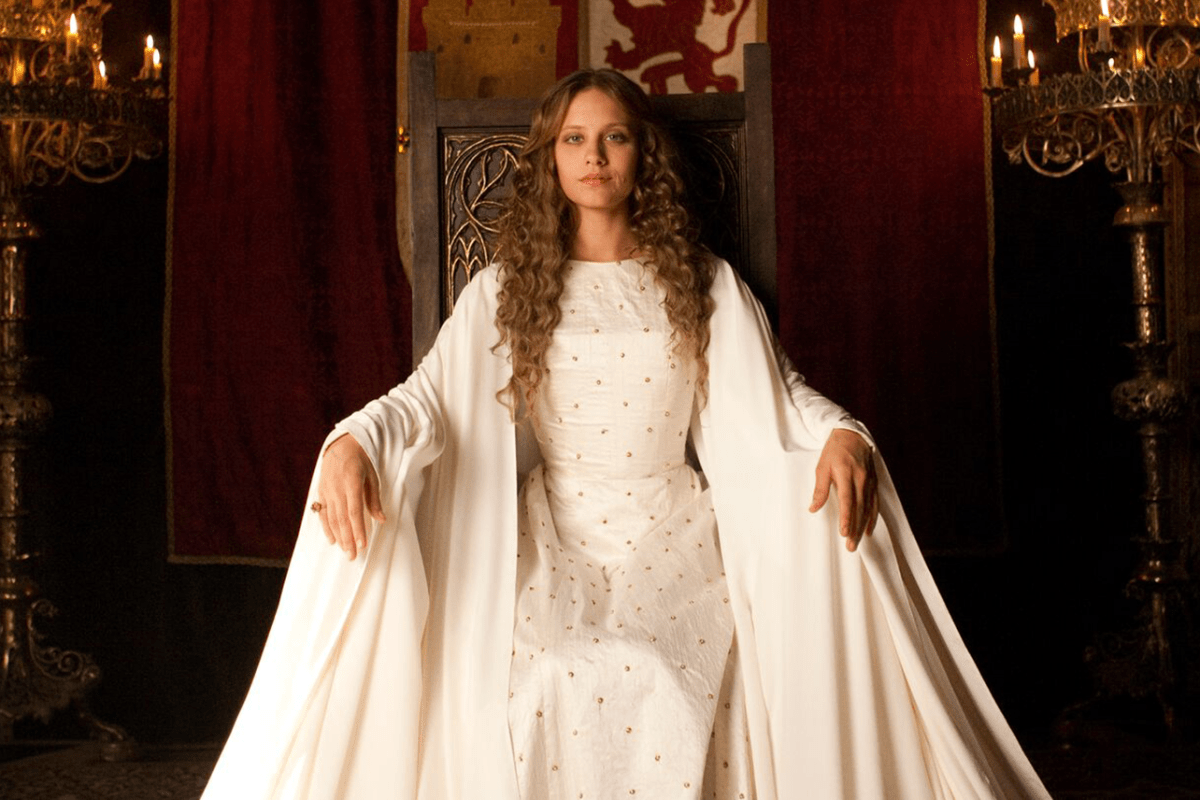Most Western queens come into power through marriage, but some of them come into power through their own birthright, ruling the kingdom as the one remaining heir. One such queen is Isabella I of Castile, whose lengthy reign is depicted in 2012’s Isabel. Like plenty of 2010s period drama series, it had the court intrigue, the costumes, the sets, and of course, the sex, but Isabel manages to stick more closely to actual history than other shows of the time. What helps is the one and a half hour runtime of each episode, but the source material is interesting enough that all the production needs to do is focus on the execution, which they have.
Synopsis
Charting the life of Isabella I of Castile, one of the most important women in Spain’s history, Isabel follows her passionate story from childhood to being crowned Queen. From her political struggles within King Henry IV's court to her wedding to Ferdinand of Aragon, the drama encapsulates the passions, emotions and sacrifices of a woman who refused to just be a figurehead and whose outlook was ahead of her time.
Storyline
When her father John II of Castile dies, and her half-brother Henry becomes king, Isabella is sent to marry Ferdinand of Aragon, unexpectedly forming a match that unifies Spain and establishes the kingdom into an empire.
TLDR
Queen! (literally)
What stands out
At the time, Michelle Jenner was a relative unknown and an unexpected choice, but she killed it in her first time leading a series. She’s able to gradually shift from Isabel’s early girlish innocence (that scene where she prays Our Father after accidentally seeing things!) to the eventual maturity and control during her reign.




